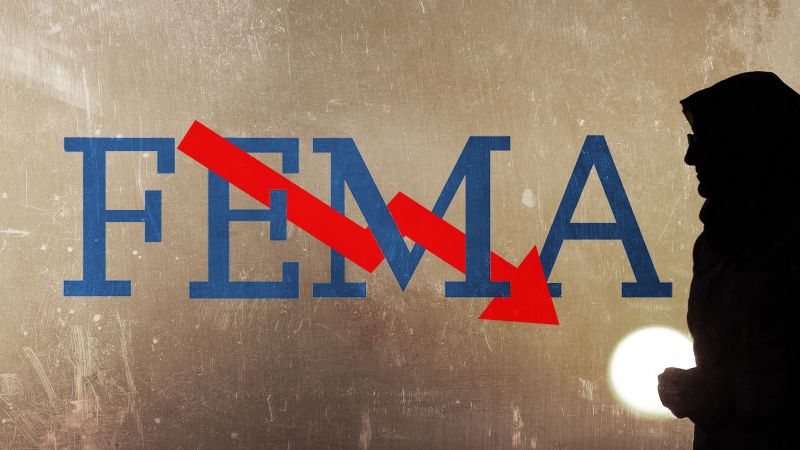Top brass at the Department of Homeland Security approached the Federal Emergency Management Agency this spring with a proposal: What if the agency blocked millions of dollars in security grants awarded to Muslim organizations around the country?
The suggestion of a blanket ban left the FEMA leaders bewildered and deeply concerned, and they immediately pointed out such a proposal could be considered discriminatory and even illegal, according to three sources with knowledge of the episode who asked not to be named out of fear of reprisal.
While the DHS officials didn’t give a reason for disqualifying Muslim groups when they floated the idea, the Trump administration at the time was in the throes of dramatically downsizing the federal government.
Ultimately, the idea was dropped.
But six months later, dozens of those Muslim organizations have been stripped of their eligibility for security funds that help protect against hate crimes and extremist attacks after DHS and the Department of Government Efficiency alleged that the groups have ties to terrorism.
Five FEMA insiders — including those with knowledge of the proposal to block the funds — describe those allegations as questionable, given the standard vetting the groups undergo and the unusual circumstances that led to their loss of funding. Some suggested that the allegations of terror ties, which they said came with little evidence, may be a pretext to justify the cuts.
DHS, which oversees FEMA, denied to CNN that the department ever considered imposing a blanket ban on Muslim organizations receiving these security grants.
“DHS and FEMA do not make policy decisions on the basis of religion,” a DHS spokesperson wrote in a statement. “Such claims are ludicrous and deeply unserious.”
The spokesperson said FEMA has been conducting an internal review of its grant recipients for months and has terminated funding to select groups found to have links to “terrorism or terrorist activities.”
But sources
Continue Reading on CNN
This preview shows approximately 15% of the article. Read the full story on the publisher's website to support quality journalism.
